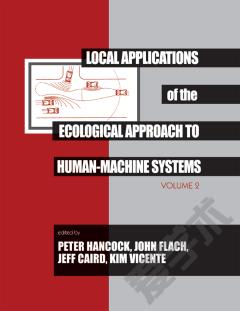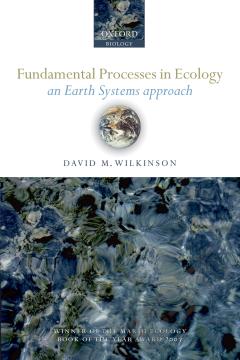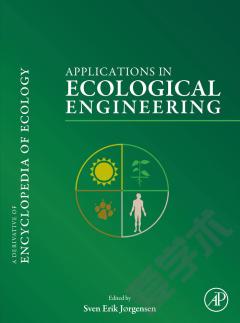Local Applications of the Ecological Approach To Human-Machine Systems
There is a growing consensus in the human factors/ergonomics community that human factors research has had little impact on significant applied problems. Some have suggested that the problem lies in the fact that much HF/E research has been based on the wrong type of psychology, an information processing view of psychology that is reductionistic and context-free. Ecological psychology offers a viable alternative, presenting a richer view of human behavior that is holistic and contextualized. The papers presented in these two volumes show the conceptual impact that ecological psychology can have on HF/E, as well as presenting a number of specific examples illustrating the ecological approach to human-machine systems. It is the first collection of papers that explicitly draws a connection between these two fields. While work in this area is only just beginning, the evidence available suggests that taking an ecological approach to human factors/ergonomics helps bridge the existing gap between basic research and applied problems.
{{comment.content}}








 京公网安备 11010802027623号
京公网安备 11010802027623号